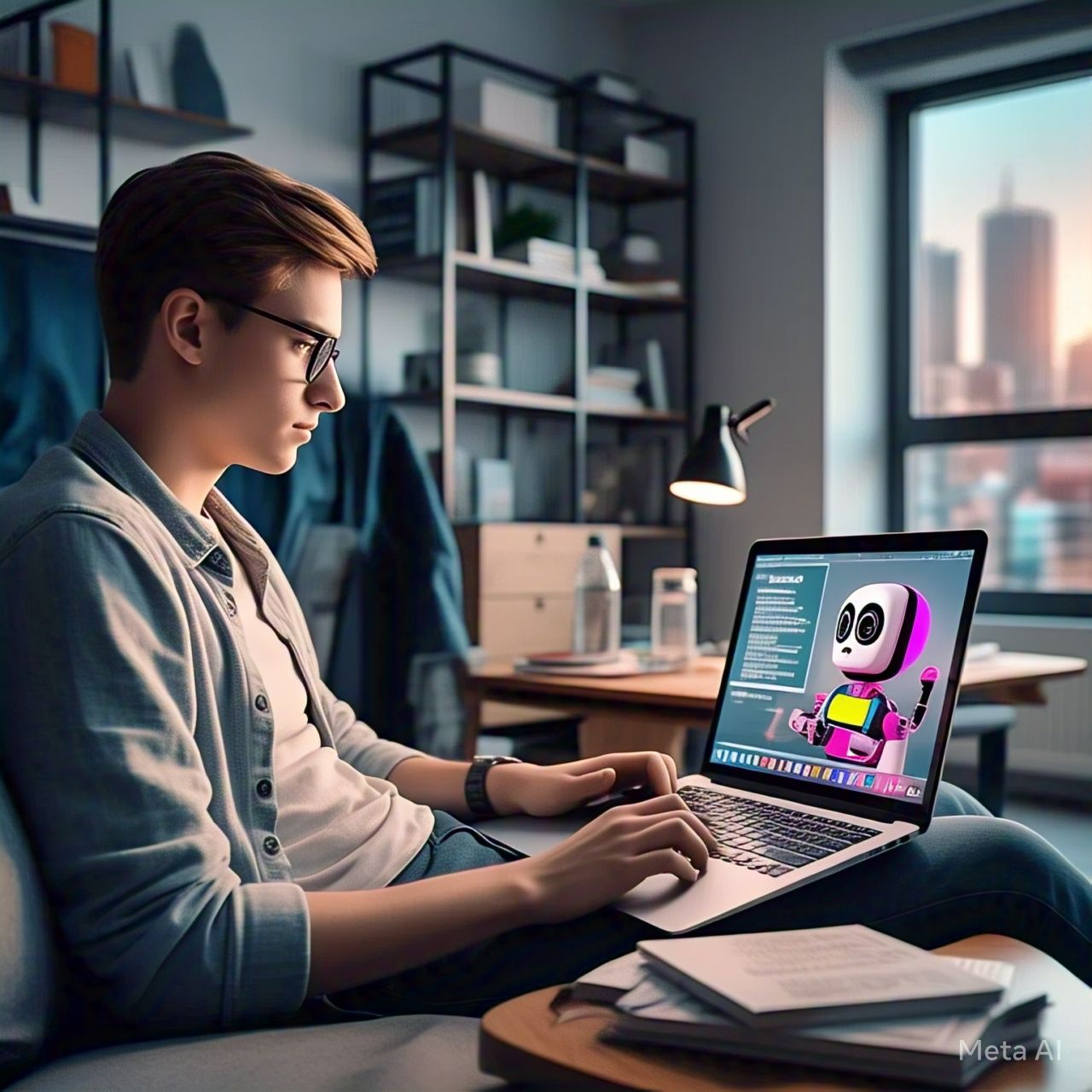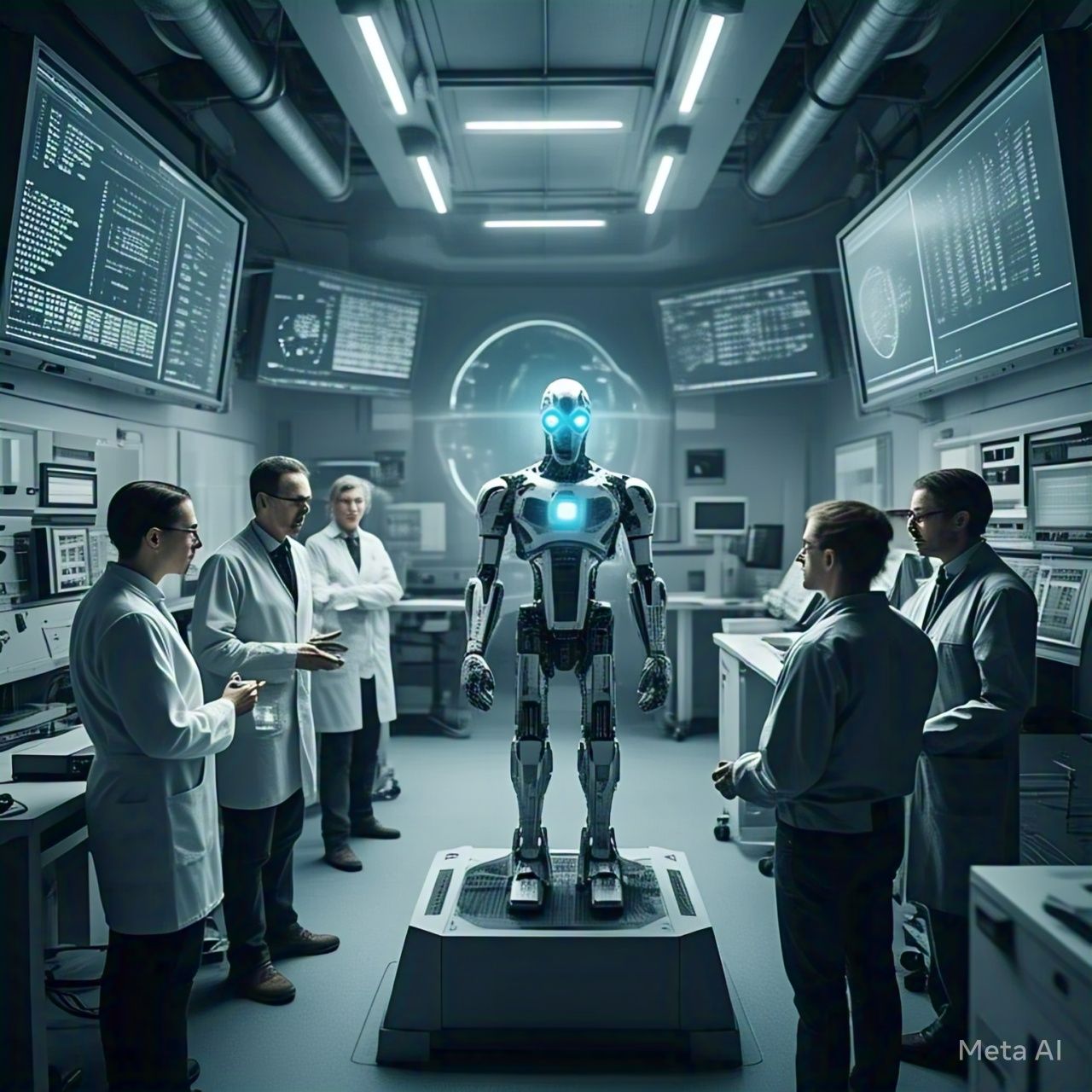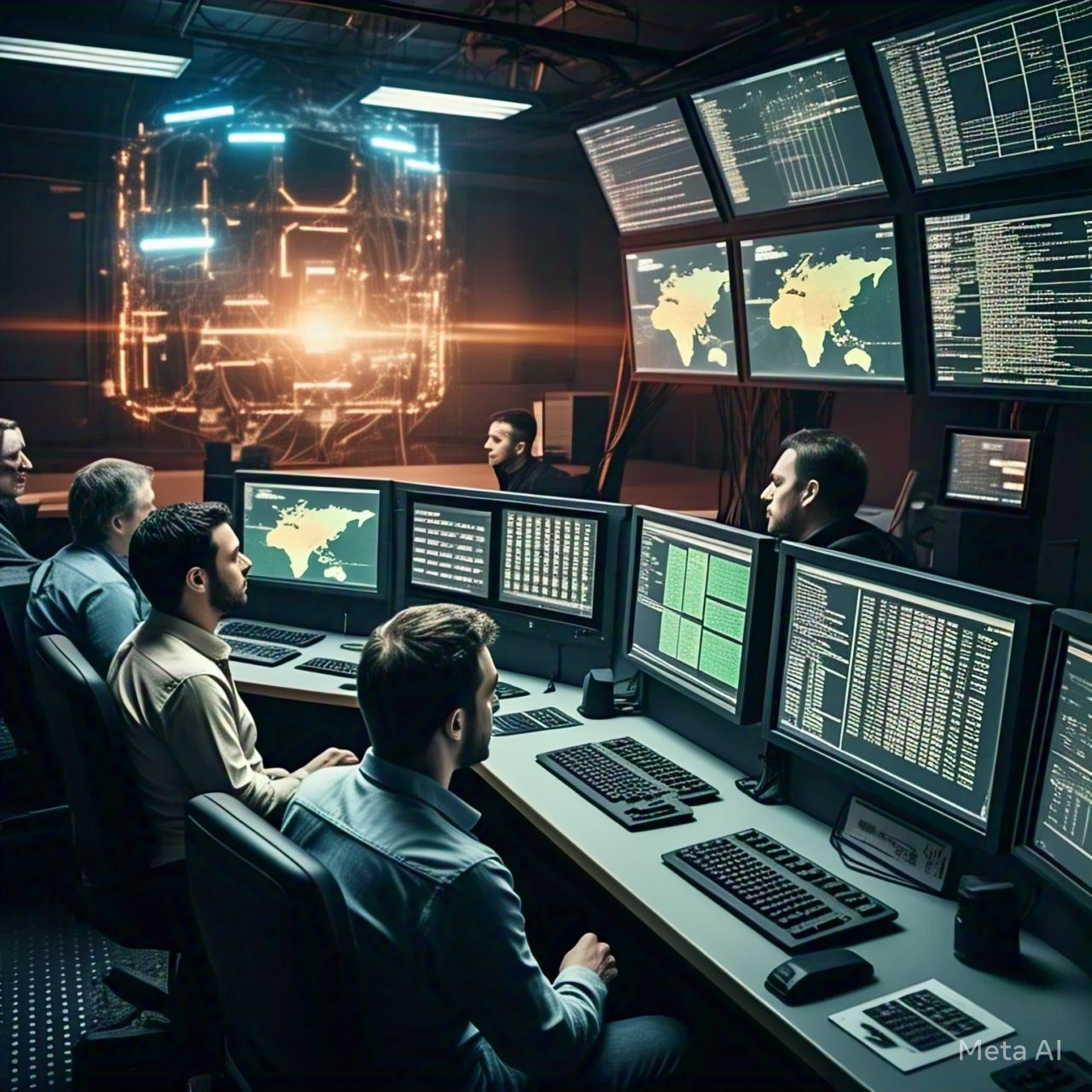Artificial Intelligence (AI) has seamlessly integrated into our daily lives, enhancing convenience, efficiency, and personalization. From smart assistants to recommendation systems, AI is shaping how we work, communicate, and interact with technology. This article explores the various ways AI is transforming everyday routines.
AI-Powered Virtual Assistants
Smart assistants like Siri, Alexa, and Google Assistant use AI to help users perform a range of tasks. These voice-activated assistants leverage natural language processing (NLP) to:
- Set reminders and alarms.
- Provide real-time weather and traffic updates.
- Answer questions using vast internet resources.
- Control smart home devices, such as lights and thermostats.
AI in Smart Homes
Home automation systems powered by AI make everyday living more comfortable and efficient. Smart home devices, such as Nest and Ring, use AI to:
- Adjust heating and cooling systems based on user preferences.
- Enhance home security through facial recognition and motion detection.
- Optimize energy consumption, reducing costs and environmental impact.
AI in Transportation
AI is revolutionizing the way people commute and travel. From ride-sharing apps to autonomous vehicles, AI is making transportation safer and more efficient.
- Navigation Apps: Google Maps and Waze use AI to provide real-time traffic updates and suggest the fastest routes.
- Ride-Hailing Services: Apps like Uber and Lyft utilize AI to match drivers with riders, predict demand, and optimize pricing.
- Autonomous Vehicles: Self-driving cars, such as those developed by Tesla and Waymo, use AI-powered sensors and algorithms to navigate roads safely.
AI in Healthcare
AI is improving healthcare by enabling faster diagnoses, personalized treatment plans, and better patient care.
- Virtual Health Assistants: AI-powered chatbots provide medical advice and schedule appointments.
- AI Diagnostics: Machine learning algorithms analyze medical images to detect diseases like cancer.
- Wearable Devices: Smartwatches and fitness trackers monitor heart rate, sleep patterns, and activity levels, offering health insights.
AI in Shopping and Retail
AI is enhancing the shopping experience by providing personalized recommendations and improving customer service.
- E-Commerce Personalization: Platforms like Amazon and Netflix use AI to suggest products and content based on user behavior.
- Chatbots: AI-powered customer service bots provide instant assistance and resolve queries.
- Inventory Management: AI predicts demand trends, ensuring better stock management and reducing waste.
AI in Finance and Banking
The financial sector leverages AI for security, efficiency, and improved customer experiences.
- Fraud Detection: AI analyzes transactions to identify fraudulent activities.
- Personalized Banking: AI-driven financial assistants help users manage budgets and investments.
- Automated Trading: AI algorithms analyze market trends and execute trades at optimal times.
The Future of AI in Daily Life
As AI technology continues to evolve, its influence on daily life will only grow. From smart cities to advanced healthcare solutions, AI is set to bring even greater convenience and innovation. However, ethical considerations, such as data privacy and job displacement, must be addressed to ensure responsible AI integration.
Conclusion
Artificial Intelligence is no longer a futuristic concept—it is actively shaping our daily lives. From smart assistants to healthcare innovations, AI enhances convenience, efficiency, and personalization. As AI continues to advance, embracing its potential while addressing ethical challenges will be key to a smarter, more connected world




